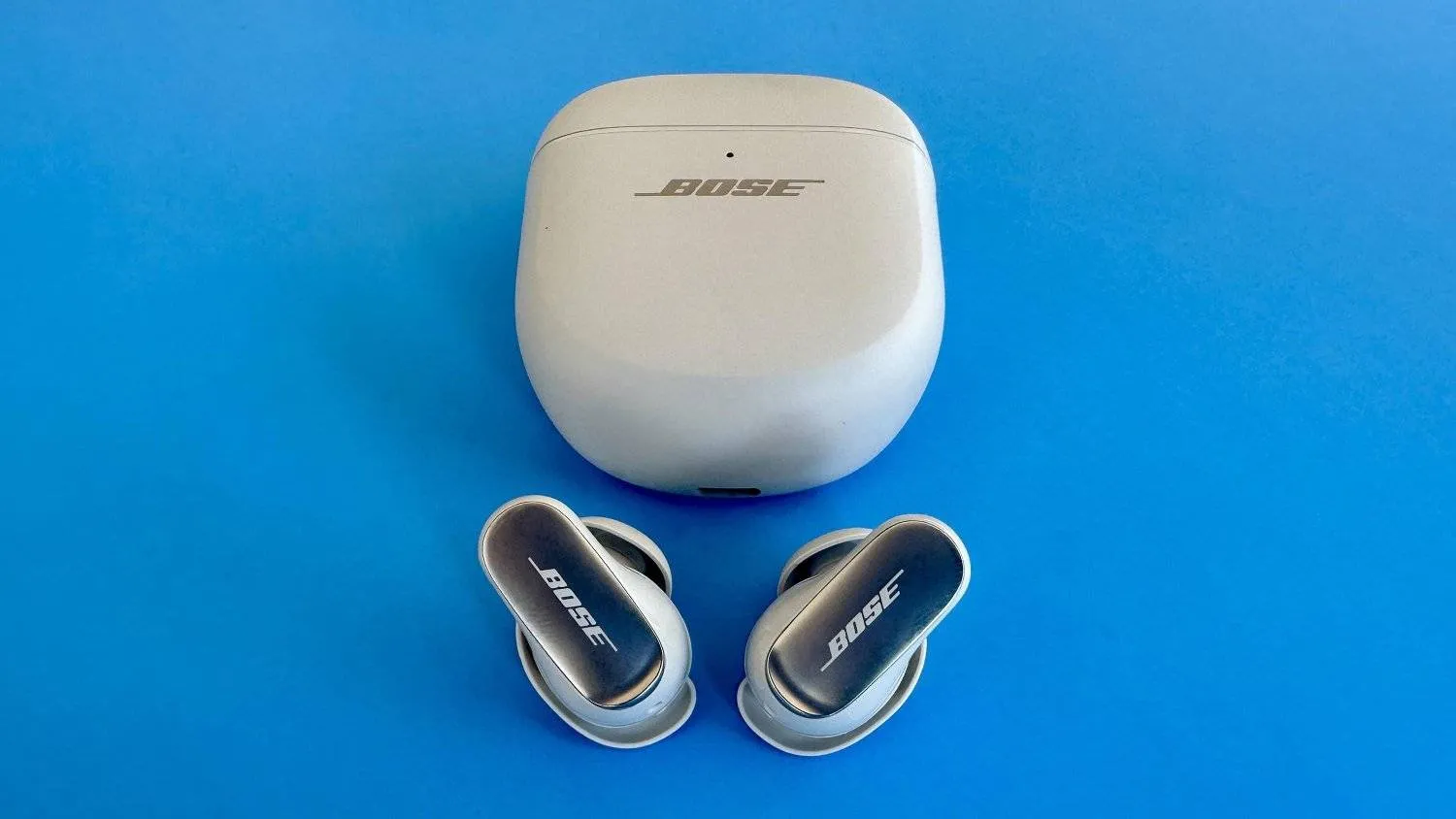When you're cutting the wire, you have a lot of features and wear styles to choose from. There are a few front-runners like the Bose QuietComfort Ultra Headphones, and AirPods Pro 2.
We test wireless headphones based on six key criteria: design, sound quality, noise-canceling performance, voice-calling performance, features, and value.
Here are our current wireless headphone favorites -- including some value picks.
Best new noise-canceling headphones
Bose QuietComfort Ultra Headphones
While Bose's new flagship QuietComfort Ultra Headphones may not be a huge upgrade over the company's Noise Cancelling 700 headphones, they feature a more premium design along with Bose's new Immersive Audio feature, which delivers some sound-quality enhancements. Along with excellent sound and great noise canceling, the QC Ultra Headphones are also superb for making calls, with top-notch background noise reduction.
Updated Apple noise-canceling wireless earbuds
Apple AirPods Pro 2 (USB-C)
Apple not only swapped in USB-C for Lightning connectivity in its new iPhone 15 models, but it made the switch with the AirPods Pro (second generation).
The new AirPods Pro 2 with MagSafe (USB-C) are nearly identical to their Lightning predecessor, delivering the same excellent sound, noise canceling and voice-calling performance. That said, they offer some other small upgrades, including additional dust resistance and a new acoustic architecture that allows for Lossless Audio with the Vision Pro, the wearable headset Apple released on Feb. 2 for $3,499. Is it possible that new acoustic architecture makes the buds sound subtly different with current devices like the iPhone? Maybe, maybe not. Either way, the AirPods Pro 2 (USB-C) are easy to recommend to Apple users despite their high price.
Best budget noise-canceling wireless earbuds
Earfun Air Pro 3
Earfun has put out a series of wireless earbuds over the last couple of years with one important commonality: They're very good values, made more so by frequent discounts. The company's new-for-2023 Earfun Air Pro 3 earbuds feature the latest Qualcomm QCC3071 system-on-a-chip with AptX Adaptive for Android and other devices that support the new LE Audio standard and LC3 audio codec, which is superior to the SBC codec (they also support AAC for Apple devices).
Lightweight and comfortable to wear -- I got a good seal with the largest ear tip size -- these aren't a huge upgrade over the Earfun Air S, but they are better. They have slightly larger wool-composite drivers (11mm versus 10mm), slightly improved noise canceling and better battery life (up to 7 hours with noise canceling on, according to Earfun).
CNET









